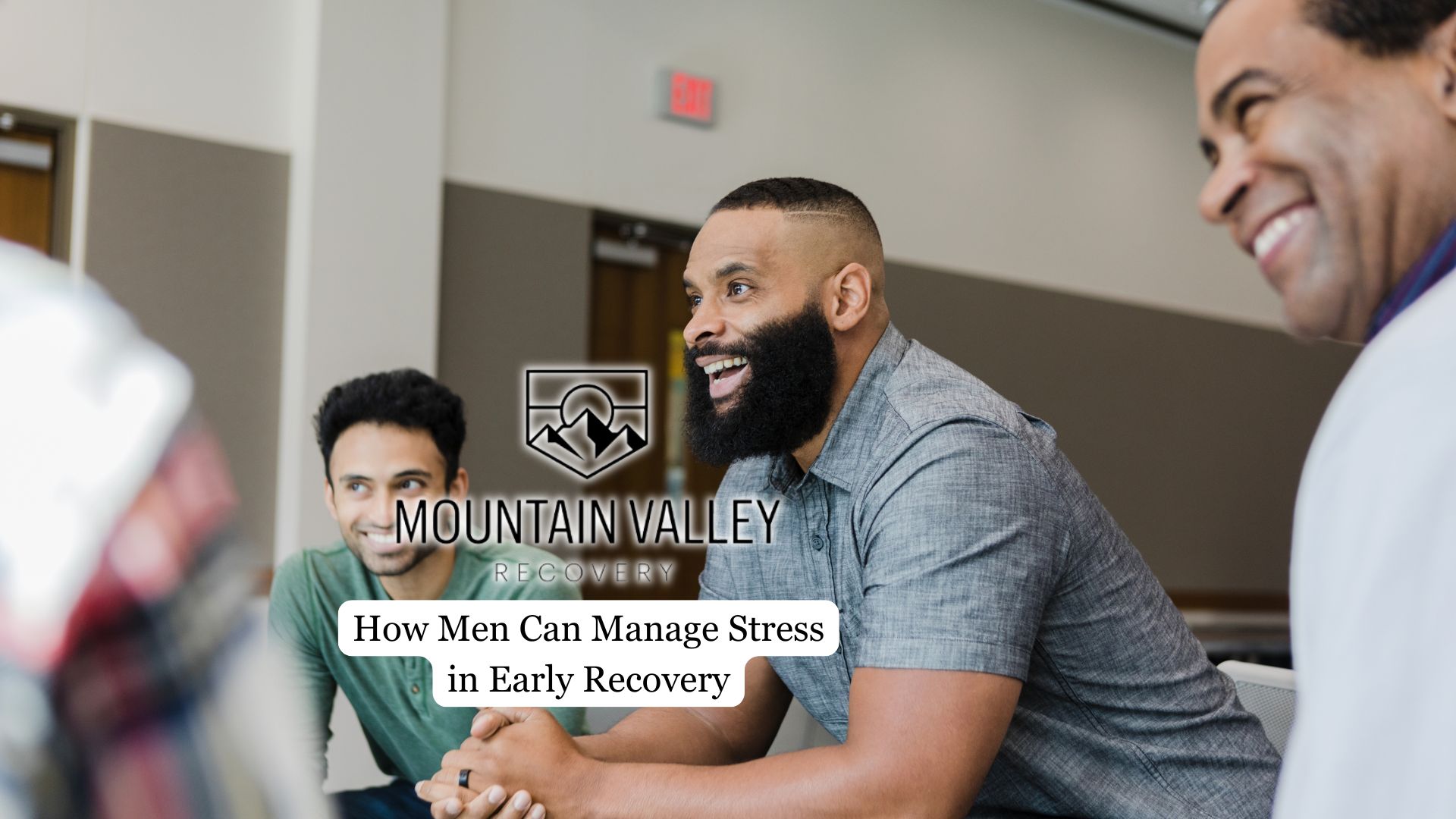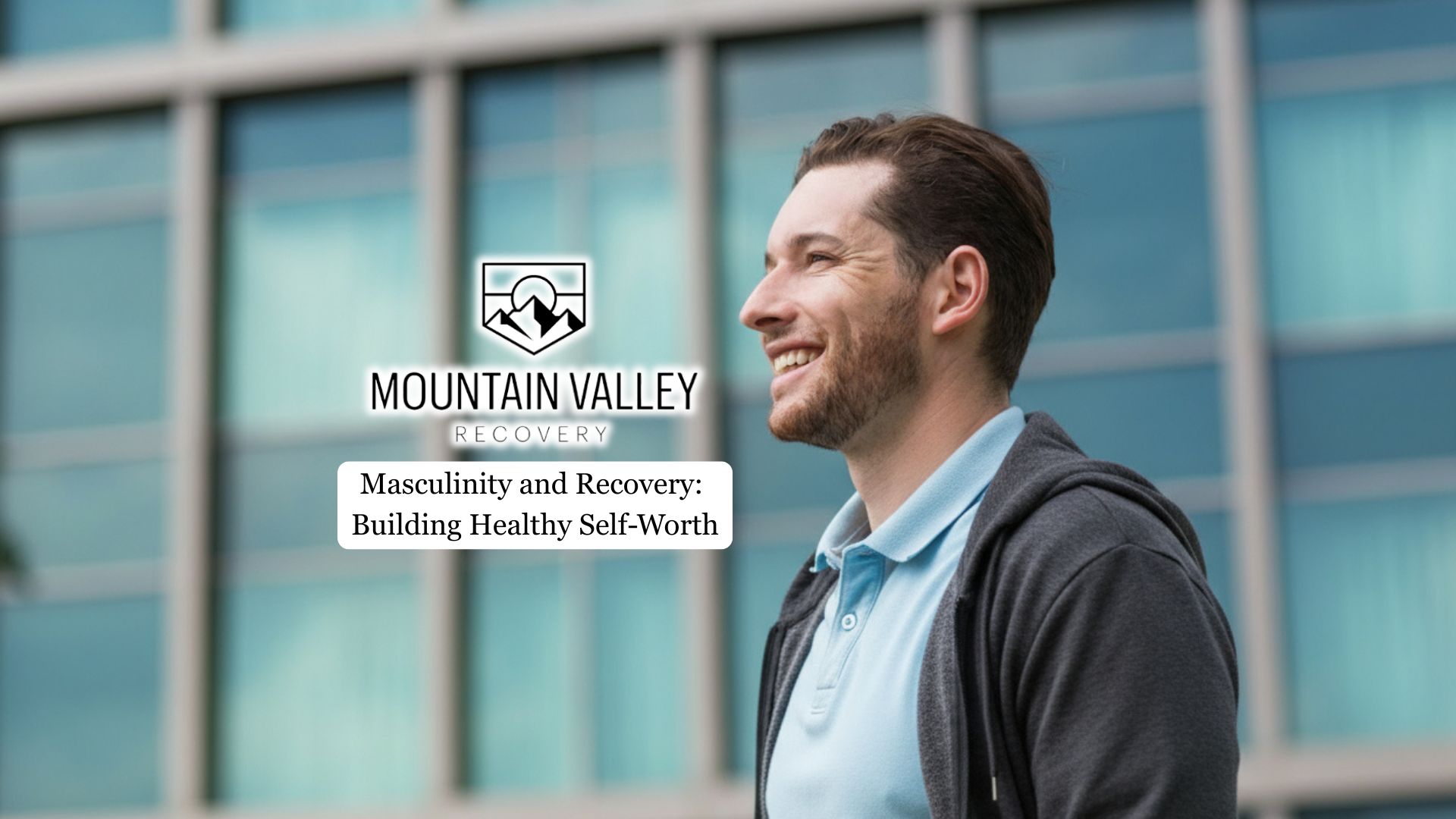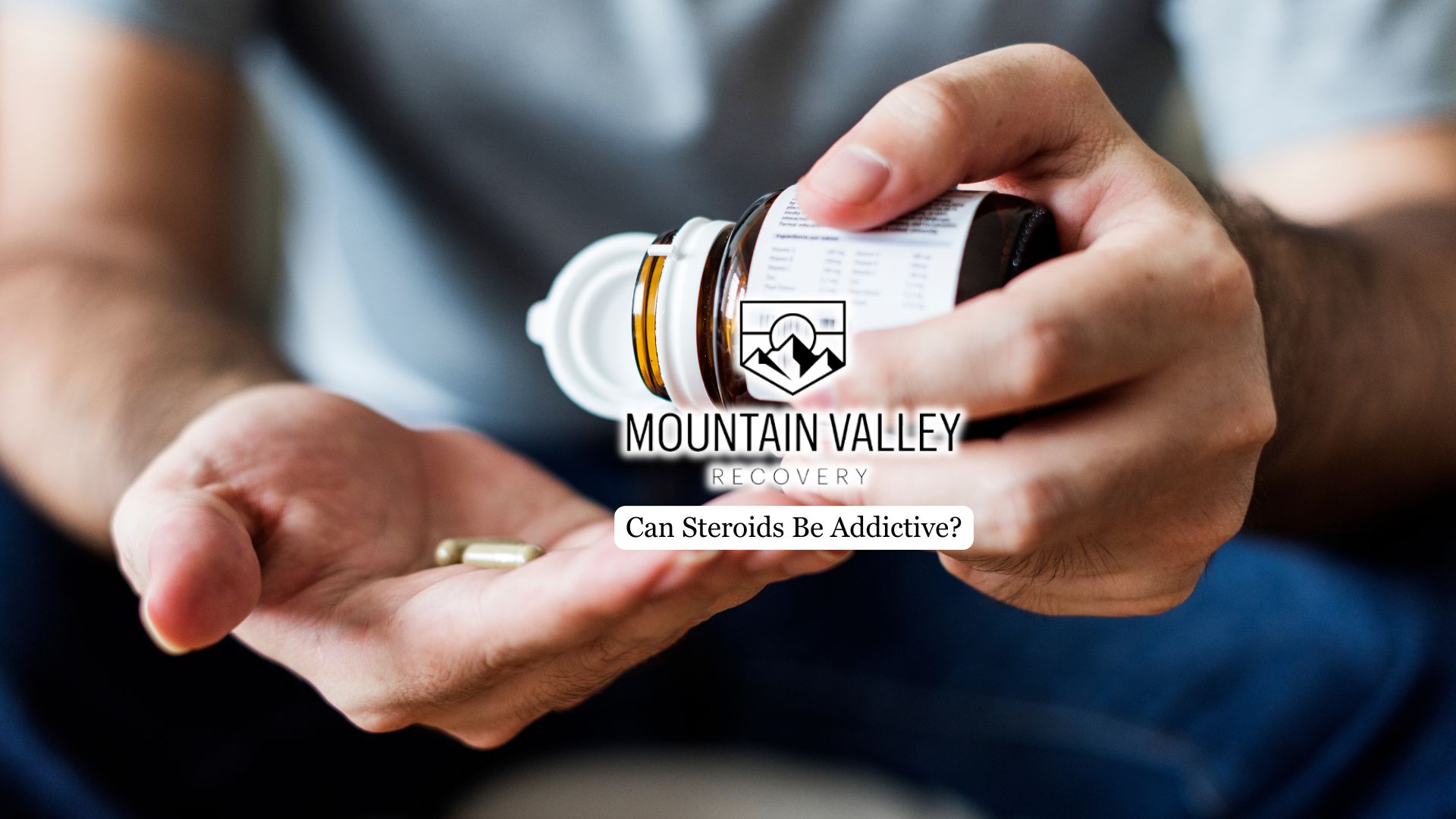Selecting a long-term rehabilitation facility is a crucial decision that can have a profound impact on your recovery process. These programs have the potential to transform lives, but with the numerous options available, it’s important to understand what to look for to ensure that you or your loved one receives the most suitable and effective care.
In this article, we will explore the key factors to consider when choosing a long-term rehab facility.
Quality of Care
When you’re looking for a long-term rehab facility, quality of care should be at the top of your list. Accreditation from recognized organizations, such as The Joint Commission or CARF, is a strong indicator of a facility’s commitment to high standards of treatment and care practices.
These accreditations ensure that the rehab center employs qualified clinical staff with relevant degrees and licenses, providing evidence-based, personalized care tailored to your specific needs.
Another key aspect to consider is the facility’s success rates. Long-term rehab programs typically show higher rates of success due to extended therapy and comprehensive support that addresses underlying issues.
Continuous quality improvement practices, including performance management systems, are essential for monitoring treatment effectiveness and ensuring the delivery of high-quality care.
You should also look for a facility that employs a multidisciplinary team approach, integrating various specialists to develop individualized treatment plans.
Learn more about the long-term residential program for men we provide at Mountain Valley Recovery on our ranch in the picturesque Holden, Utah.
Range of Services
Look for rehab programs that offer a wide array of treatment options, including medical care, individual and group therapy, and complementary approaches like art or music therapy.
These services should address the multifaceted nature of recovery, targeting physical, emotional, and spiritual well-being. Ensure the facility provides specialized treatment for co-occurring disorders, such as mental health issues alongside substance use disorders, as this is critical for effective rehabilitation.
The arsenal of services should include life skills training and vocational rehabilitation to help you reintegrate into society and maintain your recovery after treatment. Ongoing support is essential, so inquire about aftercare planning and alumni programs that provide continued guidance and resources to prevent relapse.
Family therapy or support groups should also be available to involve your loved ones in the healing process, addressing relational factors that may impact your recovery journey.
Personalized Treatment Plans
Personalized treatment plans address your unique needs and goals, incorporating various therapeutic modalities tailored to your substance use history and co-occurring disorders. This comprehensive approach ensures that all aspects of your health and well-being are considered throughout the recovery process.
Regular assessments and adjustments to your personalized treatment plan based on progress and feedback are essential for maintaining its relevance and effectiveness, directly impacting your recovery outcomes.
The involvement of a multidisciplinary team, including counselors, medical professionals, and specialists, guarantees that your plan encompasses a holistic approach to your care.
Patients with personalized treatment plans have higher rates of adherence to therapy and better long-term recovery outcomes, highlighting the significance of individualized care in addiction treatment.

Facility Environment
A clean, well-maintained facility with comfortable living arrangements promotes a calm and supportive atmosphere, which is essential for effective healing.
Look for facilities that offer private or semi-private rooms to ensure privacy and comfort, as well as spaces for group therapy and family involvement to foster community support.
Access to outdoor spaces and recreational areas within the facility can provide opportunities for physical activity and relaxation, important factors in maintaining mental health.
A structured daily schedule that includes therapy sessions, meals, and recreational activities helps create a sense of routine and stability, which is beneficial for long-term recovery.
Family Involvement
Family involvement in addiction treatment has been shown to improve outcomes by providing essential emotional support and fostering a nurturing environment for recovery.
Look for facilities that offer educational resources and support groups to help your loved ones understand the recovery process and their role in it.
Engaging family members in therapy sessions can enhance communication, address relational issues that may contribute to addiction, and explore family dynamics crucial for long-term sobriety. Programs that include family therapy as part of their treatment plan recognize the importance of healing not just the individual but also the family unit.
Staff Qualifications
When assessing staff qualifications, check that clinical team members, such as physicians and counselors, possess relevant degrees and licenses. A multidisciplinary approach involving collaboration among properly credentialed treatment providers is key to effective rehab.
Inquire about staff retention rates, as high retention often indicates a supportive environment that fosters better patient care.
A facility’s licensing and staff qualifications offer valuable insights into their ability to provide the expert, compassionate care you or your loved one needs for successful long-term recovery.
Length of the Program
Long-term care typically lasts beyond three months, providing comprehensive support for individuals with severe substance use disorders.
Many treatment programs recommend a 90-day duration to ensure sufficient time for detoxification, therapy, and skill-building necessary for sustained recovery. Longer program lengths are linked to higher success rates in achieving sobriety and addressing underlying psychological issues.
Long-term rehab often combines residential care with outpatient support, facilitating a gradual transition back to daily life. Extended programs allow for deeper exploration of personal challenges related to addiction, enabling patients to develop effective coping strategies and life skills.
Final Thoughts from Mountain Valley Rehab
Finding the right treatment center is more than just a matter of locating one; it’s about discovering a facility that caters to your unique needs and offers the greatest opportunity for sustained recovery. Our long-term inpatient rehab program, which is exclusively for men, is tailored to tackle the particular obstacles and requirements that men encounter when overcoming addiction. Our knowledgeable staff, extensive services, and supportive brotherhood of peers lay the groundwork for transformative healing and personal development.





